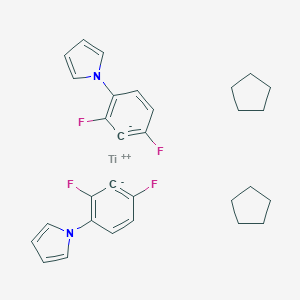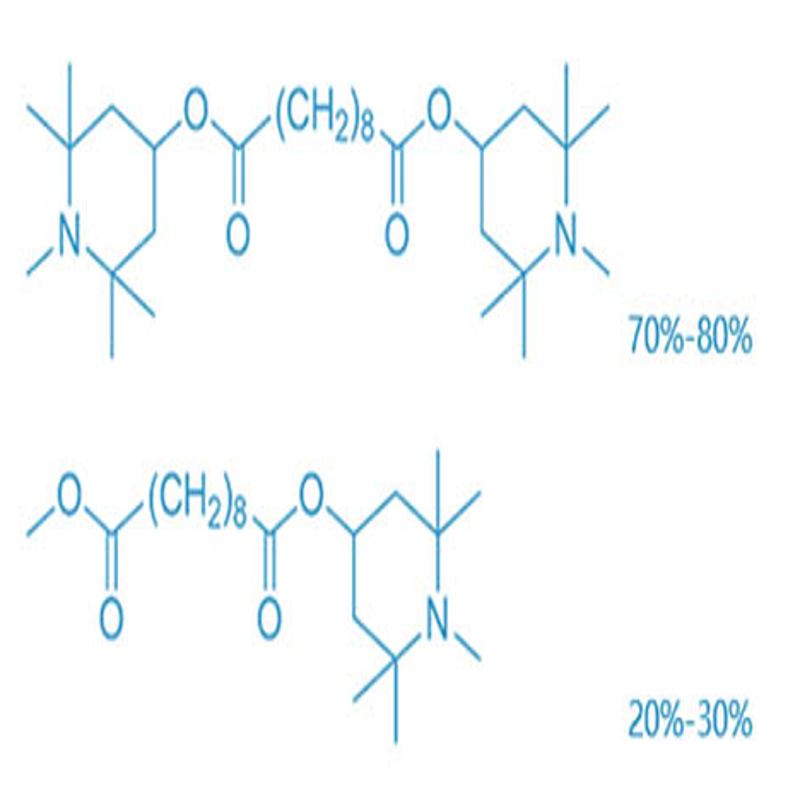-
Categories
-
Pharmaceutical Intermediates
-
Active Pharmaceutical Ingredients
-
Food Additives
- Industrial Coatings
- Agrochemicals
- Dyes and Pigments
- Surfactant
- Flavors and Fragrances
- Chemical Reagents
- Catalyst and Auxiliary
- Natural Products
- Inorganic Chemistry
-
Organic Chemistry
-
Biochemical Engineering
- Analytical Chemistry
-
Cosmetic Ingredient
- Water Treatment Chemical
-
Pharmaceutical Intermediates
Promotion
ECHEMI Mall
Wholesale
Weekly Price
Exhibition
News
-
Trade Service
Chile's copper production is expected to grow by 3.
7% to 5,957,100 tonnes
in 2021, according to data and analytics firm GlobalData.
This figure is expected to reach 6,702,800 tonnes by 2024, representing a compound annual growth rate (CAGR) of 4%.
More than 20 projects are expected to commence operations during this period, seven of which are under construction, adding 641,300 tonnes of copper production capacity
.
Copper prices rose
last week as confirmed cases of COVID-19 surged again, as investors assessed Chile's decision to close its borders in April.
Copper for May delivery on New York's Comex market fell 0.
78 percent on Monday, with futures trading at $4.
0075 a pound ($8,816 a tonne).
Vinneth Bajaj, Deputy Project Manager at GlobalData, said: "While the country's mining industry avoided a full-blown shutdown such as neighbouring Peru, operational restrictions and a rise in confirmed cases affected the pace
of various developments in 2020.
”
Last year, Codelco had to halt on-site construction activities
in Chuquicamata and El Teniente.
As part of its response to covid-19, Teck Resources also suspended construction activities for the second phase of Quebrada Blanca from March to August
.
In 2020, BHP Billiton's copper production fell by 3.
9% to 1,680,000 tons
.
The strained growth was due to lower
production at the Escondida mine.
Chilean Mines Minister Juan Carlos Jobet said Monday that a bill currently being discussed by lawmakers to raise royalties for copper and lithium mines is "unconstitutional," adding that President Sebastian Piñera's government would oppose
it.
The law, to be implemented in 2018, will set a 3 percent mining royalty for companies mining and exploring for the two metals in the country, the world's largest copper producer and one of
the largest known lithium reserves.
The tax, which will levy the notional value of the extracted metal, will affect miners that produce more than 12,000 tonnes of copper a year and extract 50,000 tonnes of lithium, the main material
for electric vehicle batteries.
Chile's copper production is expected to grow by 3.
7% to 5,957,100 tonnes
in 2021, according to data and analytics firm GlobalData.
This figure is expected to reach 6,702,800 tonnes by 2024, representing a compound annual growth rate (CAGR) of 4%.
More than 20 projects are expected to commence operations during this period, seven of which are under construction, adding 641,300 tonnes of copper production capacity
.
Copper prices rose
last week as confirmed cases of COVID-19 surged again, as investors assessed Chile's decision to close its borders in April.
Copper for May delivery on New York's Comex market fell 0.
78 percent on Monday, with futures trading at $4.
0075 a pound ($8,816 a tonne).
Vinneth Bajaj, Deputy Project Manager at GlobalData, said: "While the country's mining industry avoided a full-blown shutdown such as neighbouring Peru, operational restrictions and a rise in confirmed cases affected the pace
of various developments in 2020.
”
Last year, Codelco had to halt on-site construction activities
in Chuquicamata and El Teniente.
As part of its response to covid-19, Teck Resources also suspended construction activities for the second phase of Quebrada Blanca from March to August
.
In 2020, BHP Billiton's copper production fell by 3.
9% to 1,680,000 tons
.
The strained growth was due to lower
production at the Escondida mine.
Chilean Mines Minister Juan Carlos Jobet said Monday that a bill currently being discussed by lawmakers to raise royalties for copper and lithium mines is "unconstitutional," adding that President Sebastian Piñera's government would oppose
it.
The law, to be implemented in 2018, will set a 3 percent mining royalty for companies mining and exploring for the two metals in the country, the world's largest copper producer and one of
the largest known lithium reserves.
The tax, which will levy the notional value of the extracted metal, will affect miners that produce more than 12,000 tonnes of copper a year and extract 50,000 tonnes of lithium, the main material
for electric vehicle batteries.







